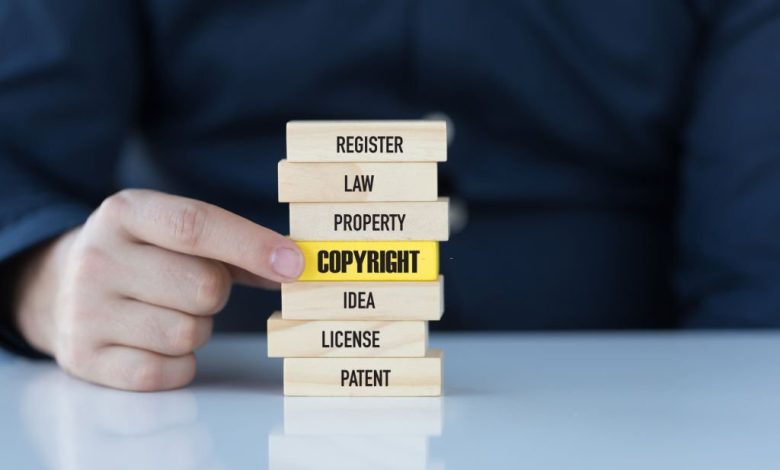
Copyright protection safeguards your creative work, including literary works, songs, books, and other artistic expressions. Here is a brief guide on how to submit your application for copyright registration online.
What to do before submitting your application for Copyright registration
You need to ensure you have the right number of copies before making a deposit. It is also essential to find any special requirements for deposits for the chosen type of work. Thus, you should not overlook these steps before submitting the registration.
What type of work can you register with?
- Non-fiction, fiction, articles, poetry, and other literary works
- Music, scripts, sound recordings, lyrics, and performing arts
- Artwork, jewelry, architecture, illustrations, and other visual arts
- Any type of photographs
- TV shows, animations, video games, and other motion pictures
- Digital content, including websites, databases, blogs, and computer programs
Successful registration ensures that you will receive attorney’s fees and statutory damages in case of violation of copyright laws. The registration process is not too long or complicated.
How to get copyright registration for your works in the U.S.
You need to submit 3 major items
- An application form filled with accurate details
- One copy of your work that has to be registered
- Nonrefundable filing charges
You may choose the offline mode to submit your application. However, there are some benefits of making copyright registration online.
For instance, the filing charge is comparatively low, and the processing time can be faster. You can also track the status of your application from the official portal. It is also easy to pay the amount securely.
Your work is finished once you have submitted your application to the Copyright Office. In case the Office’s examiner has any queries regarding your application, it is to your advantage to keep the Office informed of any changes to your copyright registrations (such as a change of name or address).
Remember that it may be a while before the Office reviews your submission and provides feedback. As little as three months may be needed for the process. However, 6-8 months is a more reasonable estimate. And don’t be shocked if it takes as long as 9 to 10 months to be notified that your registration application has been granted.
Why Copyright registration is important?
There is no legal compulsion regarding copyright registration. However, in some situations, this registration will be valuable to you.
After you have registered your copyright, it is searchable in the database of the US Office. As this record is publicly accessible, anyone can learn about your copyrighted work. You can take steps against infringers who have violated the law. However, it is difficult to prove your ownership of the work without a copyright registration.
Ideally, as soon as you create a work and record it or write it down, you have copyright protection. This is correct, but the protection is limited. If you want the full range of protections and benefits that copyright law has to offer, registration is the way to go.
Copyright registration is useful for more than just artists and writers. Software, company websites, and promotional materials (photographs, graphics, and written copy) can all profit from having their copyrights registered.
Copyright registration is essential if the work in question is crucial to the success of the company. There will be more safeguards in place for you, and any money you win in copyright infringement litigation will be more substantial. Moreover, you should register your copyright if you intend to extend your business worldwide.
The United States is a party to both the Berne Convention and the World Intellectual Property Organization Copyright Treaty – international treaties that govern copyright protection. Because of this, any work that enjoys copyright protection under U.S. law also gets copyright protection in other countries. Registration is not required but, as indicated previously, only registered copyrights are eligible for statutory damages and attorney and court expenses.
Copyright registration is optional but highly recommended for legal protection. It facilitates others’ discovery of your private data. This can save you both time and money in the event of a lawsuit. Important if you ever have to sue someone for infringement.
You can also look for the best Copyright registration service to make everything easier.




